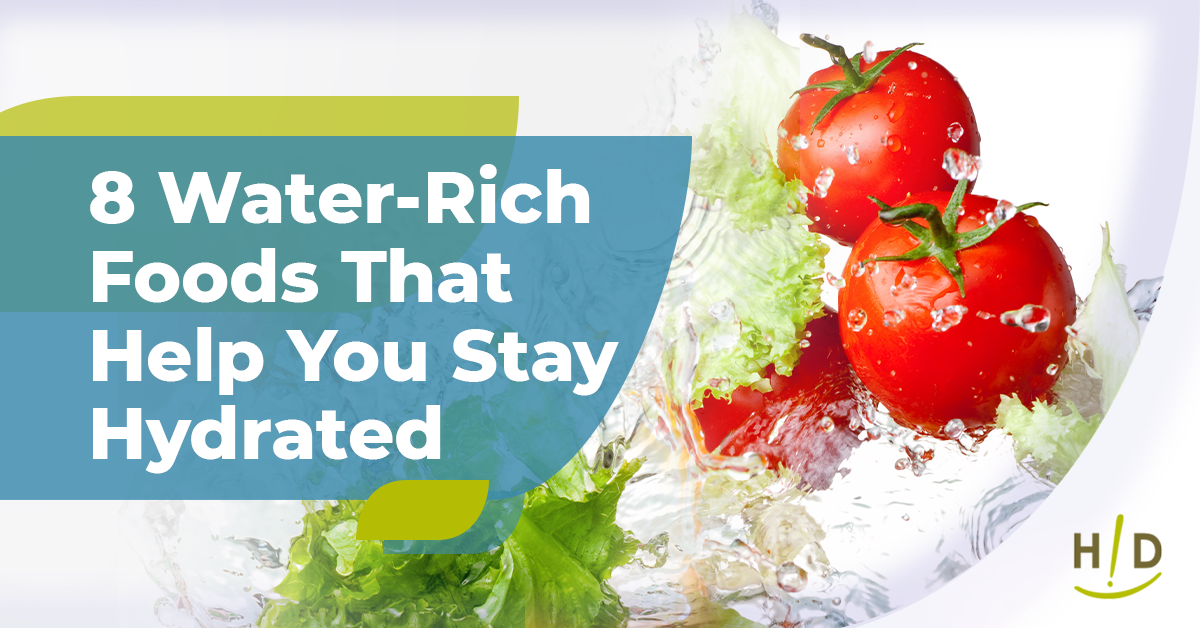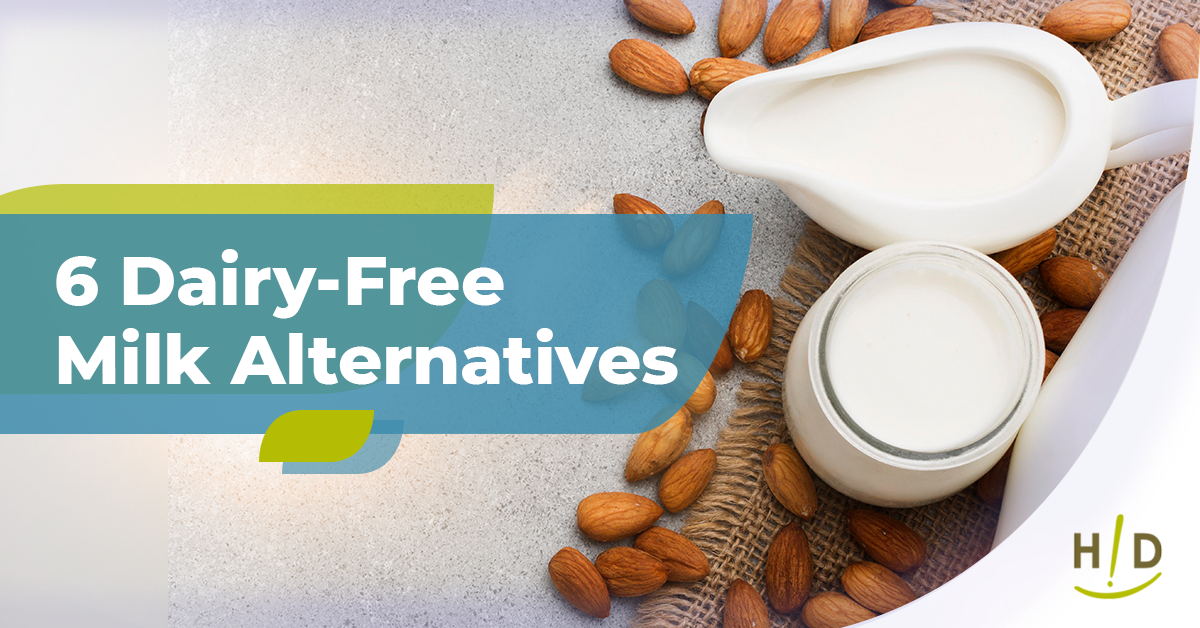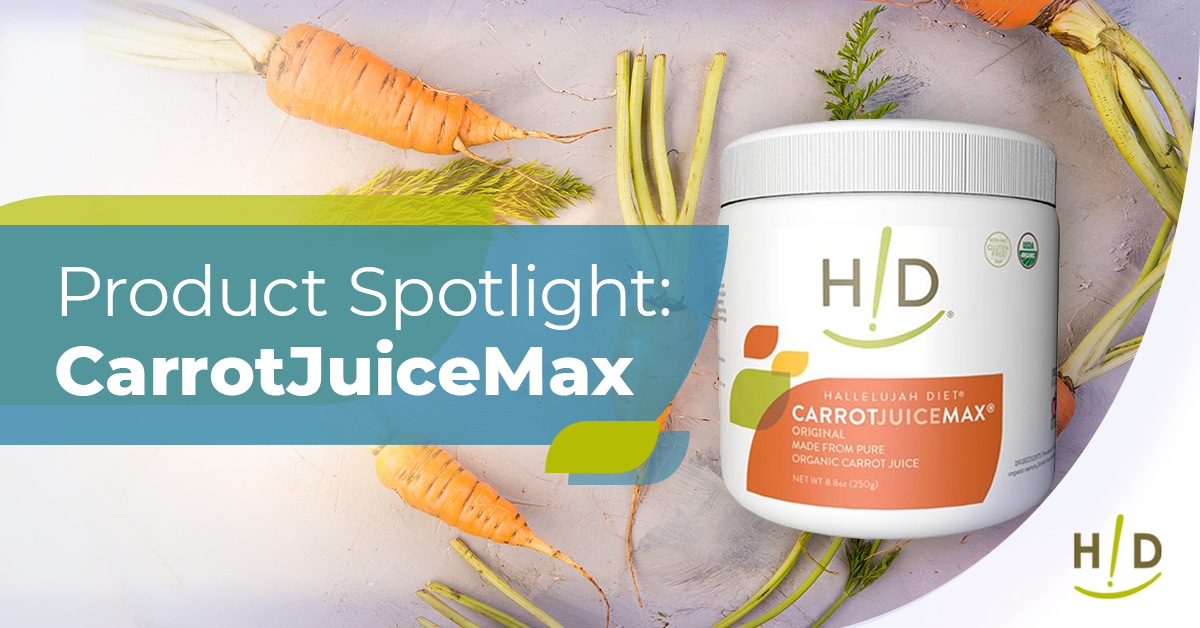Why Staying Hydrated Is Important
With water making up as much as 60 percent of the body, it’s a vital ingredient to good health. The body’s cells and tissues rely on fluids to deliver nutrients and flush toxins and other harmful materials away (1). The only way these processes will continue on as they should is by keeping the body properly hydrated. This is especially the case as the body ages since it tends to lose its ability to crave liquid when fluids are low. The good news is water doesn’t have to be your only means to stay hydrated. Here are just a handful of foods you can eat every day, throughout the day, to keep the body’s water levels where they need to be.Stay Hydrated with These 8 Water-Rich Foods
1. Lettuce Lettuce easily tops the list of water-rich foods, with a water content of 96 percent. Along with being a good water source, lettuce has a high-fiber content, which helps keep the digestive tract in good working order. Lettuce also contains high amounts of vitamin A and K, two nutrients that support bone and immune system health.
2. Potatoes Potatoes, another water-rich food, average around 80 percent in water content, with the waxy varieties such as red skin potatoes having the highest water content. Potatoes also offer one other important nutritional benefit: They’re high in potassium. Potassium counteracts the effects of sodium and in the process helps lower the risk of developing high blood pressure, strokes and heart attacks (2). With a recommended daily allotment of 4,700 milligrams a day, most Americans only consume half their daily requirement for potassium.
3. Cucumbers Cucumber, another high-rolling, water-rich food, has a 95 percent water content. Like potatoes, cucumbers are also high in potassium. Cucumbers offer yet another health benefit in the form of fisetin. Fisetin is an anti-inflammatory agent that’s known to support brain health.
4. Cauliflower With a water content of 92 percent, cauliflower is one of the most under-acclaimed vegetables when it comes to nutrient content. In fact, cauliflower contains almost every vitamin and mineral the body needs, including vitamins C, K, B6, B9, magnesium, potassium, and pantothenic acid, to name a few. While this vegetable may seem somewhat bland, our recipe books can help you transform the homely cauliflower into a delicious taste sensation.
5. Tomatoes Another water-rich food, the versatile, hearty tomato has a water content of up to 95 percent. Nutrient-wise, tomatoes are no slouch. Tomatoes contain high amounts of lycopene (a cancer-fighting carotenoid), vitamin A, vitamin C, and potassium, just to name a few.
6. Eggplant Along with their wide array of colors (white, green, purple and orange), eggplants offer a healthy water source, clocking in at 89 percent. Eggplants also contain lots of nutrients, including vitamin K, copper, potassium, several B vitamins, and manganese. Their high fiber content makes this vegetable even more appealing to your digestive tract.
7. Watermelon With a water content of 92 percent, this water-rich food is not only a summertime favorite but is also one of the natural sources of glutathione, one of the body’s primary antioxidants and detoxifiers. Glutathione also takes part in more than a few essential biochemical processes in the body, including:
- Contains protein-building agent
- Assists with DNA synthesis and repair
- Regulates smooth muscle movements
- Promotes enzyme activation
8. Cantaloupe Cantaloupe, last but not least in the water-rich food group, has a 90 percent water content. And, like all the other water-rich foods on this list, cantaloupe offers a host of health benefits. This tasty treat is rich in vitamin A, vitamin C, beta-carotene, and several B vitamins. Last, cantaloupe is another high-fiber food, something the body can never get enough of.
Fruits & Vegetables – Our Best Sources for Water
As you can see by now, fruits and vegetables offer the very best sources for water, along with a wide range of health benefits. The high-fiber water-rich foods, in particular, work especially well for weight management since the combination of water and fiber helps you feel fuller faster. These foods are all low in calories, which also bodes well for weight management purposes. As the main components in the Hallelujah Diet menu plan, fruits and vegetables not only help you stay hydrated but also promote good digestive health, which naturally translates into good overall health.
Sources:
(1) The importance of staying hydrated. Harvard Health Publishing, Harvard Medical School. https://www.health.harvard.edu/staying-healthy/the-importance-of-staying-hydrated
(2) Potassium lowers blood pressure. Harvard Health Publishing, Harvard Medical School. https://www.health.harvard.edu/heart-health/potassium-lowers-blood-pressure







